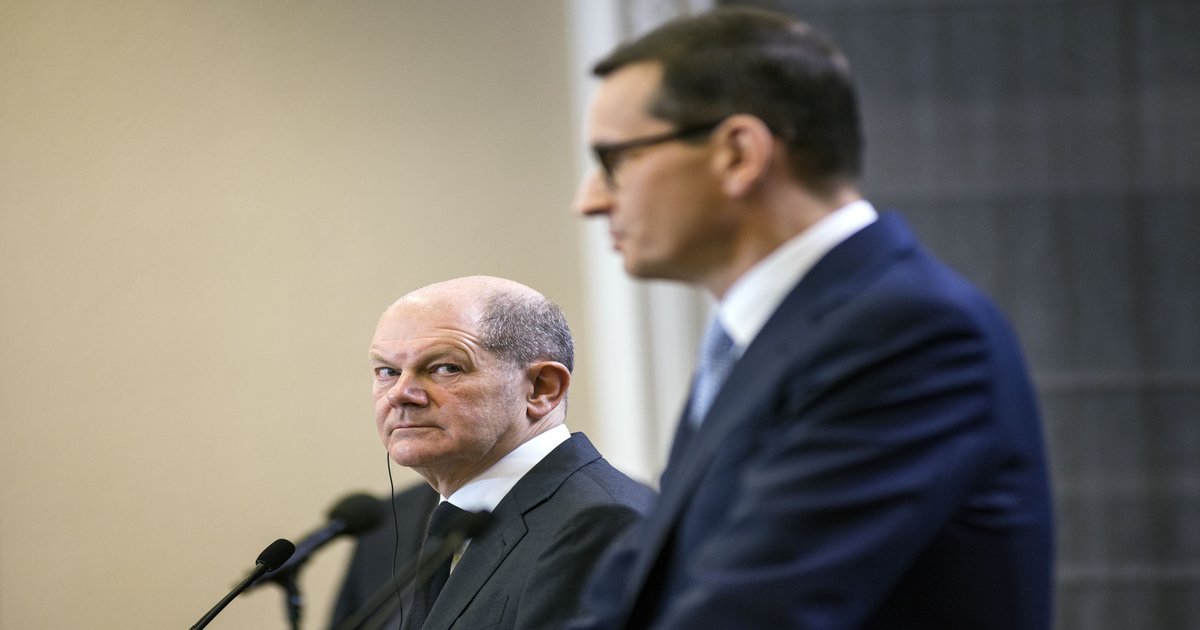A new study by the German Economic Institute (IW) shows that every German paid more than €237 net to the EU in 2022 – and no other country has pumped so deep into its pockets. Most of the money goes to Poland, Germany’s eastern neighbor.
In 2022, Germany paid a total of €19.7 billion more into the EU budget than it received. This is shown by the new IW assessment based on European Commission figures. Although the amount decreased by 1.7 billion euros compared to the previous year, it is still twice the size of the second largest payer, France, whose payments amount to about ten billion euros. Germany is also ahead when it comes to per capita payments. On average, each German paid 237 euros more than he received. followed by Ireland with €197 and Sweden with €196; France comes in only sixth place with an average per capita income of €147.
Poland gets the most
Last year, Poland was the main recipient by a wide margin: Germany’s eastern neighbor received 11.9 billion euros more than it paid out. Other major beneficiaries include Romania with €5.6 billion and Hungary with €4.4 billion. Estonians earned the most money per capita at around €678. Because of strong support for science, Luxembourgers earned just under €669 on average, while Lithuanians earned €612.
On average between 2014 and 2020, Germany paid a net of only 13.5 billion euros. With the exit of the economically powerful Britons, Berlin must now shoulder more financial responsibility. However, the weakness of the German economy is likely to shift the balance, at least slightly, towards more prosperous countries such as Spain.
New members, new challenges?
The potential accession of new member states would spark discussion about financial viability. “When it comes to new accessions, the EU must pay close attention to the level of prosperity of the candidate countries,” says Samina Sultan, an economist at IW. Ukraine represents just 53% of Bulgaria’s GDP, currently the poorest country in the EU, while Kosovo represents just 49% of GDP – and both could expect payments beyond previous levels when they join the EU.
“Politically, we have to bring countries closer to the EU. In order to mitigate the consequences for the EU budget, the EU must develop alternatives to full membership. Graded integration would be possible here, for example.”
About the methodology: Until 2020, the authority itself published net shareholder and beneficiary statistics, but has since decided not to do so for political reasons. Although the effects of European integration cannot be reduced to the net positions of member states, their calculations remain important for reasons of transparency.

“Alcohol buff. Troublemaker. Introvert. Student. Social media lover. Web ninja. Bacon fan. Reader.”






More Stories
The Body Shop files for bankruptcy in the UK
Kaspersky: All employees in the US must leave – business activities will be terminated
Resettlement in the United States and its Impact on U.S.-Focused Firms